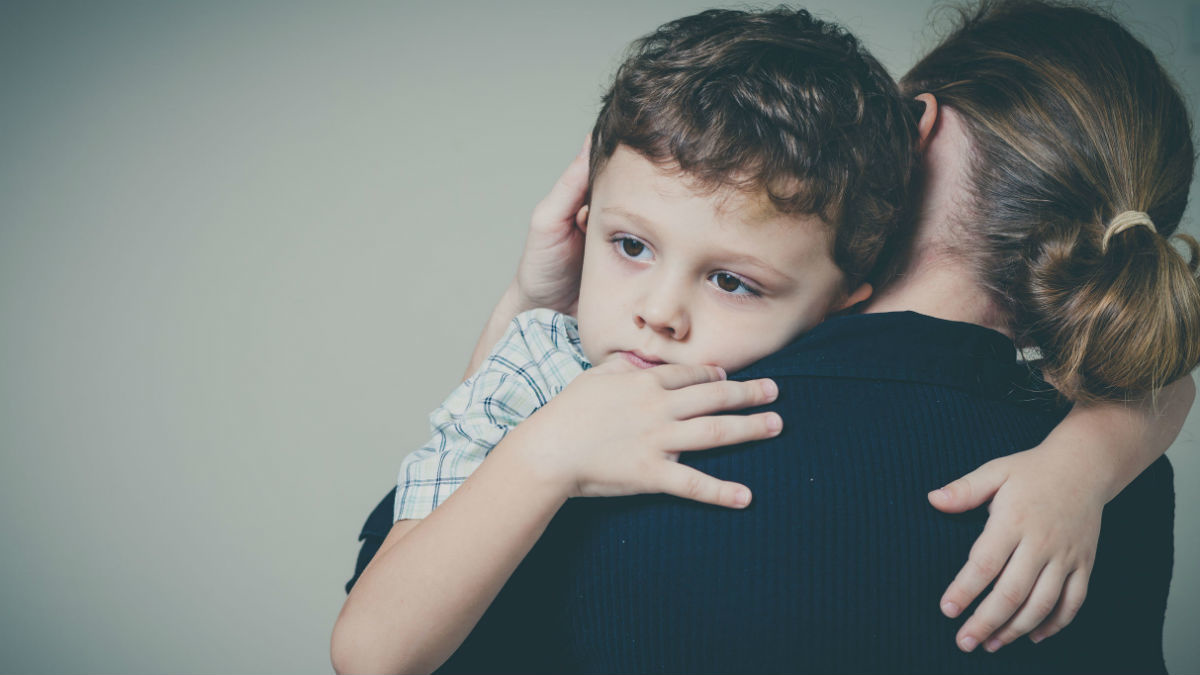When to Do it and How to Tackle it
Grief. It is a word that gets banded around too often without fully understanding the ramifications. He is grieving, she is grieving, I am full of grief. But what does it actually mean?
I lost family members as a young child, and I thought I understood how I would feel if it happened again. But the truth is, dealing with grief as a child and coping with grief as an adult are two entirely different beasts.
Think about it. As an adult, we have the ability to justify our actions. We have the intelligence to understand the situation and the events that lead up to death. We even (at least most of us) have an understanding as to what we believe is waiting on the ‘other side’.
The pain hits a little harder, but mostly because we have lost the innocence of not understanding the whole situation.
Recently, I lost another family member. The grief I felt was something I had not dealt with before. I had guilt, pain and confusion to deal with. I had to figure out how to be diplomatic in the face of pain (dealing with other family members while trying to come to terms with losing someone actually takes more skill and self control than most would imagine), but I also had a new role to play. This time I was an adult. This time I had to help the younger ones deal with an emotion they had never experienced before.
As a young girl, when I lost my grandmother, the only emotions I remember are that of loss, confusion and acceptance. I remember the day she passed and the physical pain in my chest. The pain in my throat as I fought back tears. The pricking of the tears in my eyes and the numbness of my hands as I gripped the sofa cushion harder and harder each moment. I remember the day, each and every painful second of it.

I also remember when confusion set in. How was it possible that she was just gone? Where did she go to? How? All these questions, but I was too scared to ask them. And so came acceptance. I didn’t understand how she went. I didn’t understand where she was now. But I accepted that she was.
As an adult, there are a million more emotions, personal experiences, guilt and of course emotional baggage gathered over the years, which means you experience so much more. At least that is what you think right?
But that is not the case.
Children feel it so much more than they let on. The confusion lasts longer than with adults, the pain feels that little deeper, especially if they are feeling it for the first time.
So how do you deal with it?
The first thing you have to realise, is that children are much more aware about death than we adults would like to believe. Most children will understand the concept, they have watched Disney movies, may have even seen a few dead insects or come across the idea of death on TV. The fact of the matter is, they are aware of the concept, but this may be the first time it has touched them so close to home. Use examples from Disney movies to help them understand if it helps.
1: Give yourself a Break
Grief is all consuming. If your child is grieving, it is likely that you are also, in one form or another. First you need to understand that you can’t help others if you are not strong. So look after yourself. Give yourself time to think before you settle down to explain things to the children. Find time to wrap your head around the situation before you try to move forward with the younger ones.
2: First and always, Listen
Children have the most amazing way of explaining how they see the world. They are not caged in by social norms or expectations and say exactly how they see the world, for better or for worse. Listen to the words they use and the pain they are feeling. The first thing they need to do is get out of their heads what it is that is bothering them. So listen.

3: Comfort
Not every child will react to the death of a loved one in the same way. Some children will cry, others will seem not to react at all. Some may seem quiet and withdrawn and others may act like life is just carrying on as normal.
Offer hugs, and comfort. Offer to listen if they want to talk, but don’t push them.
4: Expect Questions and Anticipate Answers
There will be questions. They will be tough questions and hard to answer and each parent will answer them differently depending on their own beliefs and values. Questions such as:
* Is he/she really dead?
* But he/she can come back, right?
* Can I go up to visit him/her?
* How long will he/she be dead for?
* How did he/she die?
* What will happen to his/her body?
These can be really tough to hear, especially if you are trying to deal with the grief yourself. But time is a difficult concept for young children, so they will expect answers there and then.
Take a deep breath and stay calm when answering the questions, many children will even ask the same question over and over again.
5: Explain the Emotions
Children need to understand the new emotions they are experiencing. Ask the child questions like “where does it hurt?” and explain that it hurts there for you too. Explain that “the feeling of pain in your chest is because that’s where your heart is, and your heart is sore.”
Explain that it is OK to cry, OK to feel pain and OK to tell you when they are confused.
6: Be Honest
Tell the child what to expect in the coming days or months. Explain the things that will change and the events that they will find themselves involved with. If there is to be a funeral, give as much detail as you feel appropriate. Allow them to be pre-warned about what they will be dealing with.
Kids are much more resilient than we give them credit for. Pre-warned means they can handle a situation better than if kept in the dark.
7: Encourage them to Talk
Tell them they can ask questions whenever they want. Encourage them to talk about memories when they feel the need. Grief is only all consuming if you keep it to yourself, explain that you can get through it together if you keep talking.
8: Give them a Role
Most children work better when they have a goal to work towards, something to focus on. If you are happy for your child to come to the funeral, have them help in some way. Pick some flowers for the service, or look for some special photos or memories. Have them write down some of the memories they shared. A sense of purpose will help fill the sense of loss.

9: Don’t let them Dwell
Children need time to grieve, but they also need to ‘move quickly’. So during moments when you are talking about memories and sadness, try to always end on a positive note. Make them smile after the sadness and don’t let them dwell on the pain. Allow them to feel it and then teach them how to make themselves ‘not sad for too long’. It is a hard and important lesson to learn, and one that will serve them well in the future.
10: Give them Time
Most importantly, give them time to heal. Expect that there will be days out of the blue where the grief will come back. Moments that they will remember. But give them time, it is a process, and a tough one for little minds to process.
Grief is a tricky subject, no matter your age, experience or relationship, grieving will not be easy at any stage in life, but dealing with it in a positive manner will help the pain hurt just a little less.








